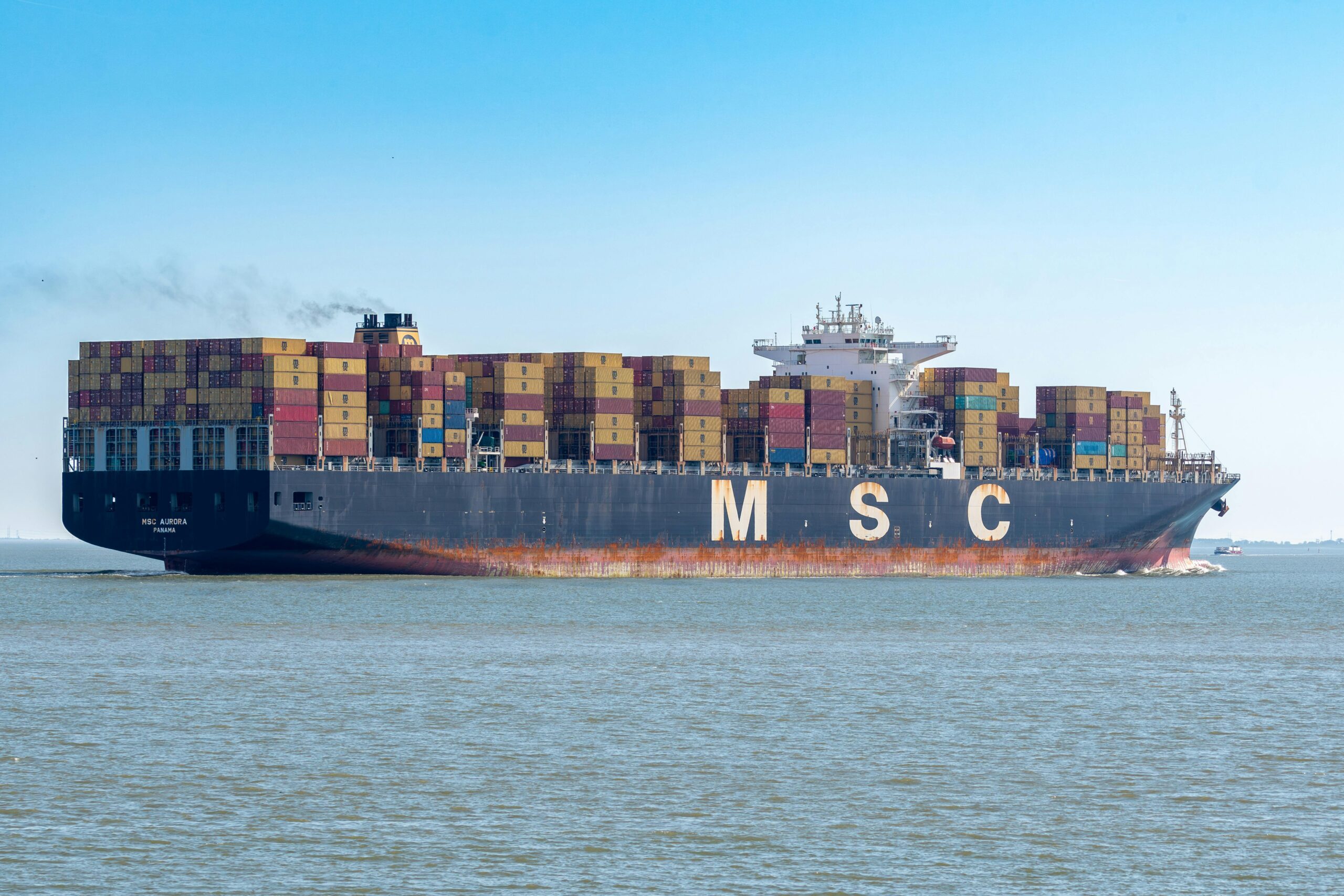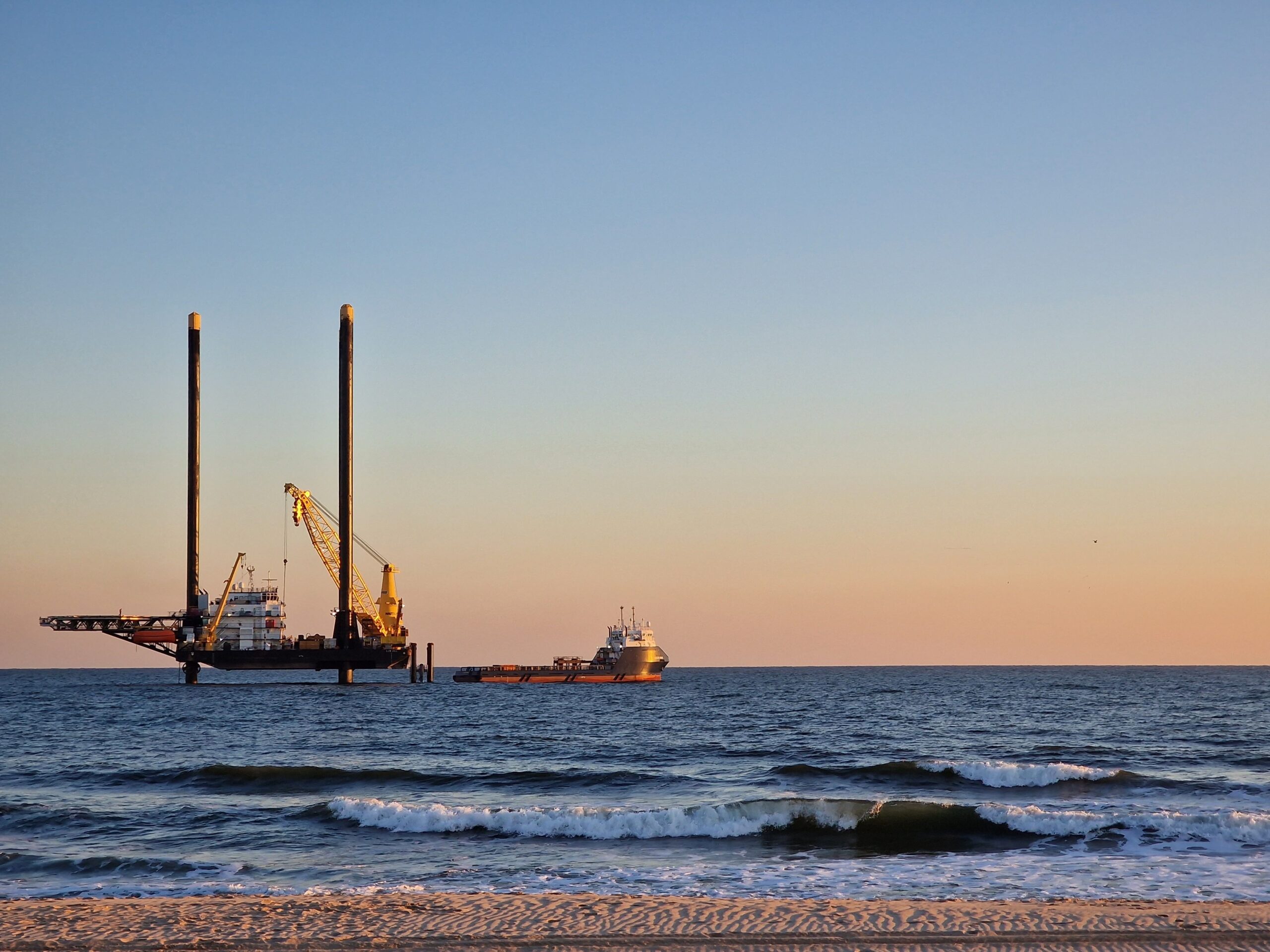Roustabouts play a critical part in the oil and gas industry. Although they are entry-level workers, they are often the backbone of drilling operations on land and offshore, handling everything from assembling and maintaining equipment to performing general labor. The work is hard but rewarding, with fair pay and the potential for advancement.
But a darker reality lies beneath the surface. Roustabouts have earned the grim distinction of being ranked as America’s worst job, which reflects the harsh conditions, relentless physical demands, and ever-present dangers that define their daily lives. For many, the work can be as perilous as it is essential, with a constant risk of injury or even death.
In an industry where safety is nonnegotiable, roustabouts are stationed at the front line.
Duties & Wages
Today, in the context of oil and gas, a roustabout is recognized as one of the most challenging and essential positions on a drilling rig.
On an offshore platform or land-based rig, a roustabout’s duties may include:
- Assembling and disassembling drilling equipment
- Maintaining and repairing machinery
- Moving and transporting heavy materials
- Cleaning and organizing the rig site
- Assisting with rigging operations
- Handling tools and supplies
- Inspecting equipment
- Supporting drilling and extraction activities
- Operating and maintaining pumps and valves
- Assisting other crew members as needed
It takes strength and stamina to be a roustabout, not to mention an awareness of one’s surroundings and an ability to think and respond quickly to various tasks as they are assigned.
Depending on experience and location, the median wage for a roustabout in the United States was $22.95/hour as of May 2023, though roustabouts in the highest-paying states of Nevada, California, and Alaska earned $32.38/hour, $31.01/hour, and $29.74/hour, respectively. With overtime, a roustabout may earn more than $70,000/year.
12-Hour Shifts & 21/21 Hitches
The life of a roustabout is anything but easy. They usually work 14, 21, or 28 days in a row with the same number of days off, or “hitches.” Common roustabout hitches are 21/21 and 28/28, which are 21 days working and 21 days off, or 28 days working and 28 days off. Rig location and accessibility issues may influence the duration of a roustabout’s hitch.
A roustabout’s day starts early and ends late, with shifts lasting up to 12 hours. They might begin by checking and maintaining equipment, ensuring everything is in working order. From there, they might assist with rigging up and down operations, moving heavy materials, or even cleaning and organizing the rig. Other than scheduled breaks, there is little to no downtime.
The work is labor-intensive and is generally performed outdoors, where harsh weather and extreme temperatures—not to mention rough seas and wet conditions on offshore rigs—can make a roustabout’s job particularly challenging.
There are no formal education requirements for roustabouts, and many skills can be learned on the job. It is truly an entry-level position in a field where hands-on experience is invaluable. By working hard, taking initiative, and utilizing the skills they’ve learned, roustabouts have the opportunity to advance to higher-paying positions with more responsibility.
Harsh Conditions & High Injury Rates
Roustabouts have had the unfortunate distinction of being considered one of the worst jobs, after a 2010 CareerCast study that evaluated 200 jobs based on five criteria: income, environment, physical demands, employment outlook, and stress. Roustabout topped the list due to harsh working conditions, potentially low pay, and the strenuous nature of the job. The injury rate for roustabouts is also well above the national average.
According to an occupational injury and fatality search tool created by USA Today using fatal and nonfatal injury statistics reported to the U.S. Bureau of Labor Statistics, the fatal injury rate for roustabouts in the oil and gas industry was 23.18 deaths per 100,000 full-time equivalent workers in 2021. The national average that same year was 3.6. In 2020, the nonfatal injury rate for roustabouts was 89.3 injuries per 100,000 workers. The national average was 25.5.
Roustabouts were over six times more likely to die on the job and nearly three and a half times more likely to be injured than the average American worker.
When Safety Is Lacking, Roustabouts Pay the Price
The job of a roustabout is going to be challenging—there’s no avoiding that—but it should not be life-threatening. Not when employers, rig owners, and operators in the oil and gas industry uphold their legal and moral obligation to put safety first. It comes down to providing proper training and personal protective equipment, adhering to safety protocols like evacuation and lockout/tagout procedures, and ensuring that all equipment is maintained and used correctly. The demanding nature of the work makes safety imperative.
Being a roustabout—or working in any position on a platform or rig—should not be considered America’s worst job. It only becomes so when employers fail to put safety first.
###
Established in 2004, Arnold & Itkin is known as the nation’s leading maritime law firm. From representing one-third of the Deepwater Horizon crew to helping widows of the El Faro find justice, the firm has helped after every major offshore disaster over the past 20 years. When companies put profits over safety and seamen and offshore workers are injured or killed because of it, Arnold & Itkin stands up and fights for what’s right. Their relentless approach has resulted in more than $20 billion in victories for the injured.

 Join The Club
Join The Club










